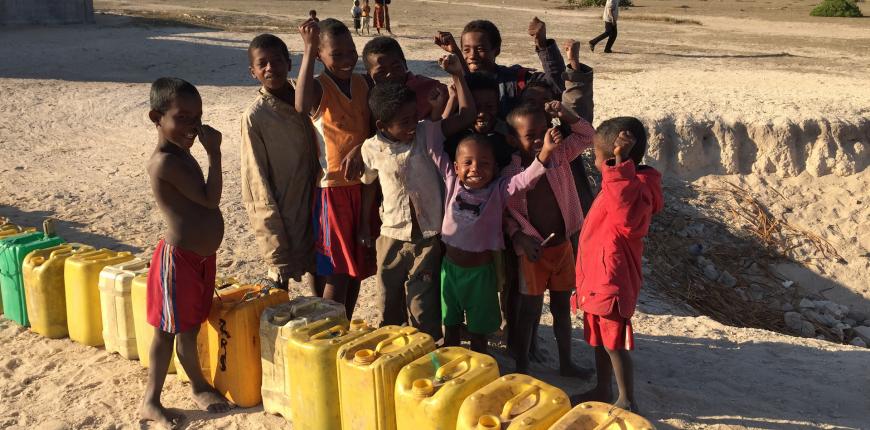

This entry helps entrepreneurs to identify business opportunities and technologies to provide water and sanitation (WASH) services at an affordable cost.
Affordable solutions for viable sanitation and water management
How can you improve or extend water and sanitation services affordably, and so reach a larger market, including people at the so-called base of the pyramid (BoP)?
You can use this toolbox to identify opportunities, help your customers to obtain water and sanitation, and build your business. In addition, it:
- Tells you how you can strengthen your business by involving customers and the public in decisions and operations
- Helps you tailor your business model to the specific needs of different customers
- Offers high- and low-tech as well as other options for delivering water and sanitation inexpensively
Identifying sound solutions and strategies
You can use this toolbox to identify opportunities, help your customers to obtain water and sanitation, and build your business.
Explore the resources below:
- Business models and entrepreneurial solutions to provide WASH services and products to BoP customers
- Entrepreneurial solutions improving basic services through public institutions and utilities
- Inexpensive innovation and service delivery that include everyone into the water and sanitation value chain as producers, employees and entrepreneurs
For more informationYou might want to look at two complementary sources:
|


